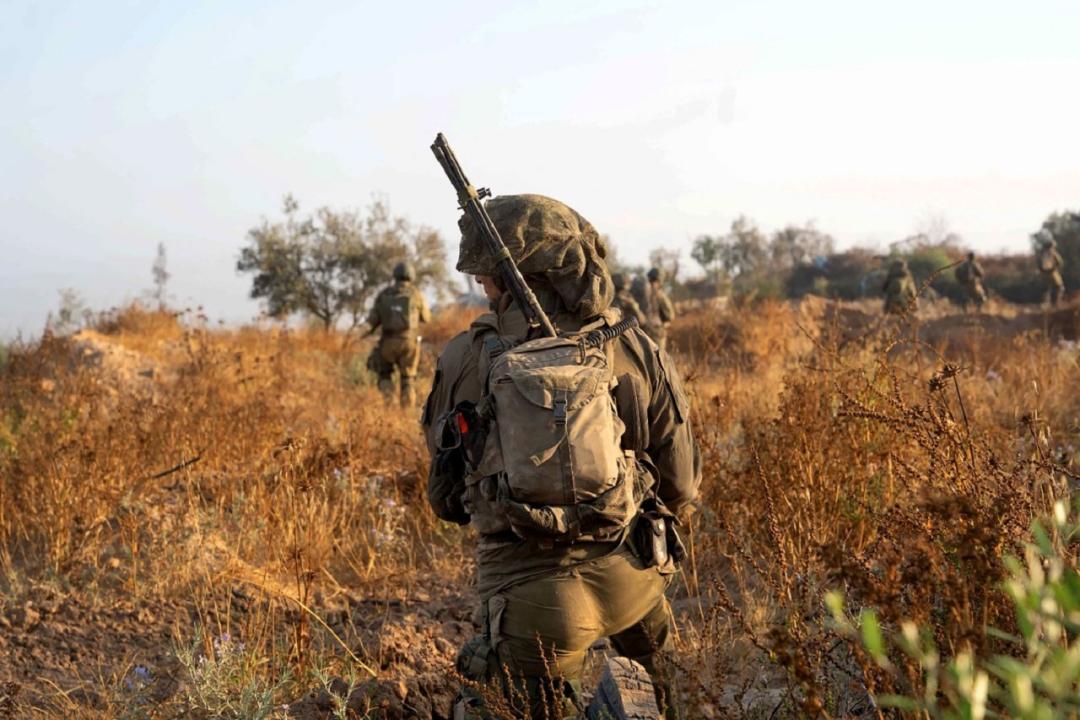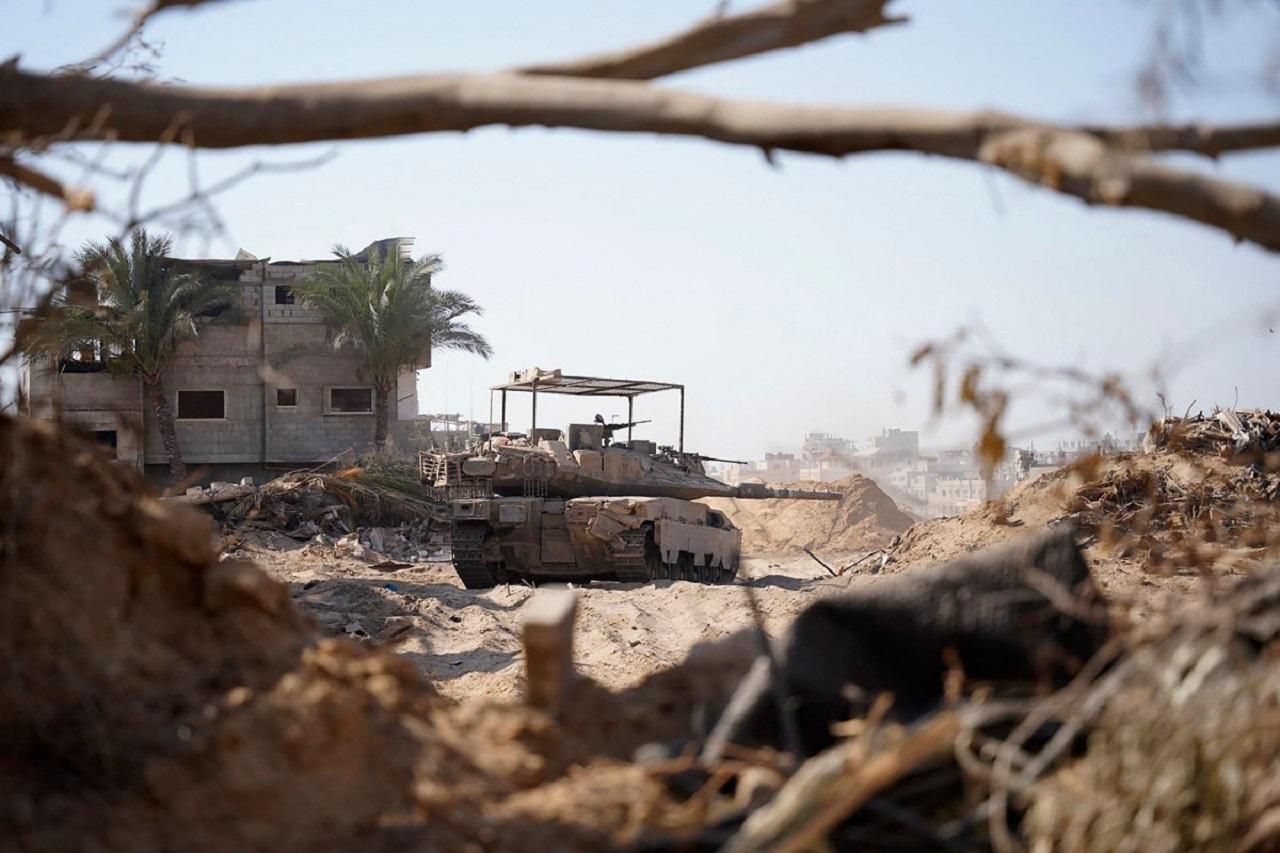
Israel's military announced on Sunday that it would pause fighting during daytime hours along a route in southern Gaza to free up a backlog of humanitarian aid deliveries for desperate Palestinians enduring a humanitarian crisis sparked by the war, now in its ninth month (Pics/AFP)
Updated On: 2024-06-17 02:20 PM IST
Compiled by : ronak mastakar


The "tactical pause," which applies to about 12 kilometres of road in the Rafah area, falls far short of a complete cease-fire in the territory that has been sought by the international community, including Israel's top ally, the United States. It could help address some of the overwhelming needs of Palestinians that have surged in recent weeks with Israel's incursion into Rafah
The army said the daily pause would begin at 8 am (0500 GMT) and last until 7 pm (1600 GMT) and continue until further notice. It is aimed at allowing aid trucks to reach the nearby Israel-controlled Kerem Shalom crossing, the main entry point for aid, and travel safely to the Salah a-Din highway, a main north-south road, the military said. The crossing has had a bottleneck since Israeli ground troops moved into Rafah in early May
COGAT, the Israeli military body that oversees aid distribution in Gaza, said the route would increase the flow of aid to other parts of Gaza, including Khan Younis, the coastal area of Muwasi and central Gaza. Hard-hit northern Gaza, an early target in the war, is served by goods entering from a crossing in the north
The military said the pause, which begins as Muslims start marking the major Eid Al-Adha holiday, came after discussions with the United Nations and international aid agencies
A UN humanitarian spokesperson, Jens Laerke, told The Associated Press that Israel's announcement was welcome but "no aid has been dispatched from Kerem Shalom today," with no details. Laerke said the UN hopes for further concrete measures by Israel, including smoother operations at checkpoints and the regular entry of needed fuel
Israel and Hamas are weighing the latest proposal for a cease-fire, a plan detailed by President Joe Biden in the administration's most concentrated diplomatic push for a halt to the fighting and the release of hostages taken by the militant group. While Biden described the proposal as an Israeli one, Israel has not fully embraced it. Hamas has demanded changes that appear unacceptable to Israel
With Israeli Prime Minister Benjamin Netanyahu vowing to press ahead with the war and many members of his far-right government opposed to the cease-fire proposal, news of the military's pause triggered a minor political storm
An Israeli official quoted Netanyahu as saying the plan was "unacceptable to him" when he learned of it. The official said Netanyahu received assurances that "there is no change" in the military's policy and the "fighting in Rafah continues as planned." The official spoke on condition of anonymity because he was not authorised to talk to the media
Due to a lack of security, aid trucks in some cases have been looted by crowds as they moved along Gaza's roads. It was not immediately clear whether the army would provide security to protect the aid trucks moving along the highway